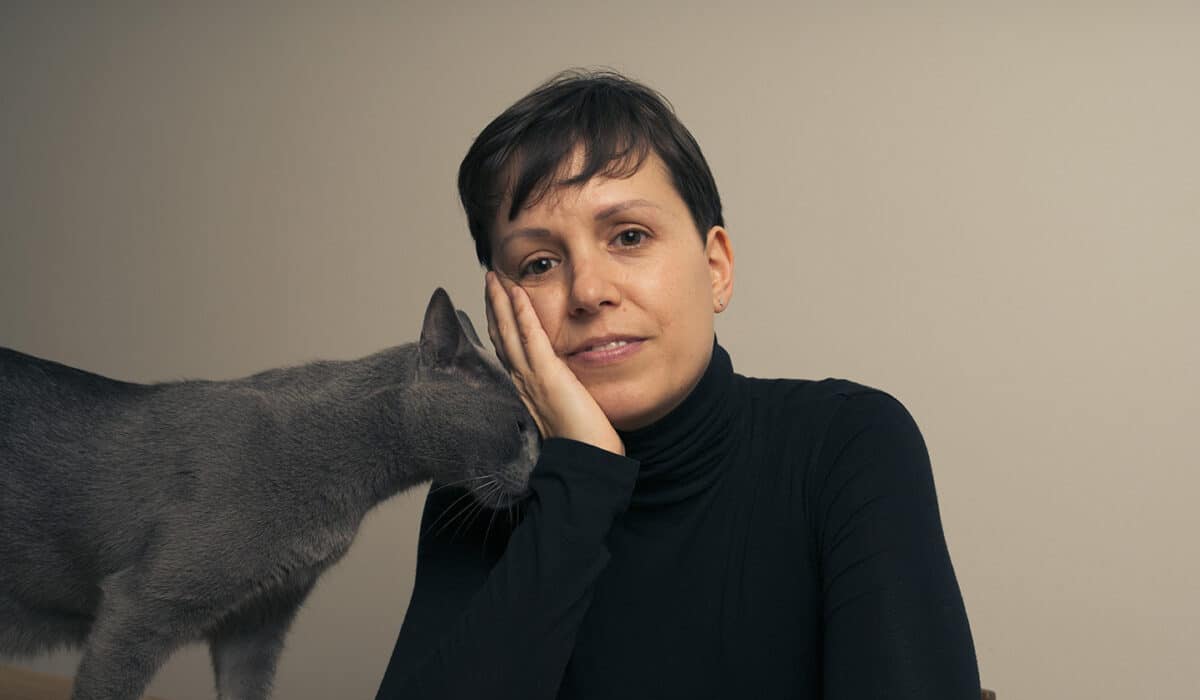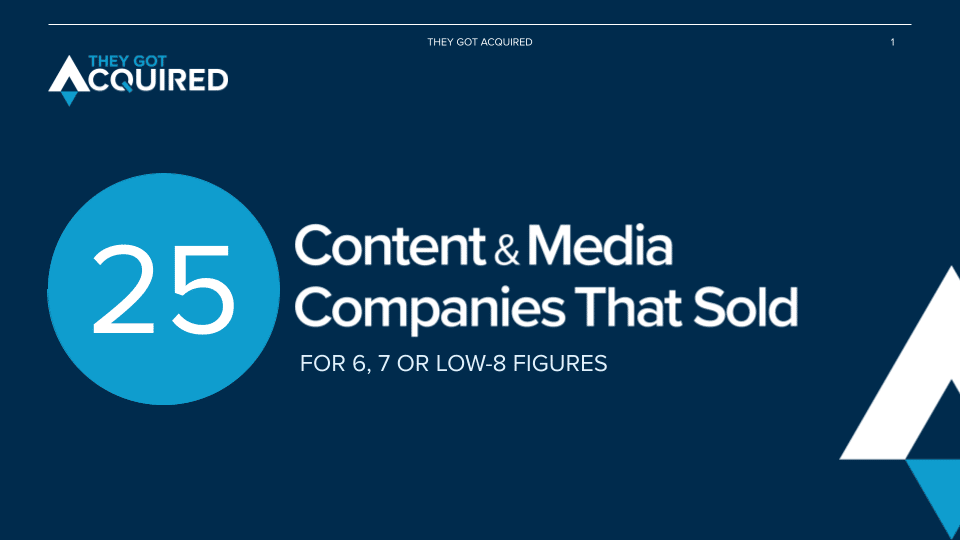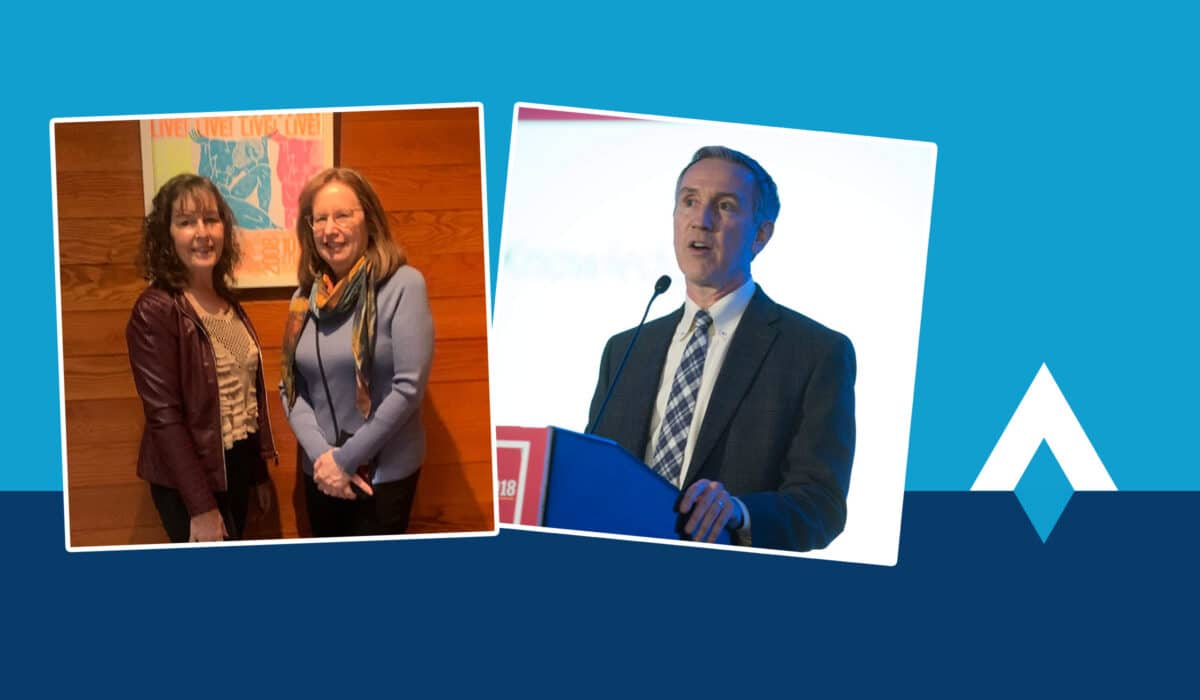In June 2014, graphic designer Jimena Catalina Gayo offered to help her brother with his final college project. An hour later, she’d created “a more than decent template” in Google Slides, she described on Piensa en pixels, which was translated to English on Startup Stash.
“I was surprised at how little effort it took, and naturally felt pretty pleased with myself,” she wrote. “Which led me to the following thought: Could I offer free templates and make money?”
A quick Google search helped her identify a niche. There were two types of templates available. They were either free and very low quality (think: ’90s WordArt) or high quality but extremely expensive.
Gayo determined she would create a site that offered free, quality PowerPoint and Google Slides templates and themes. With help from an online word generator, she landed on the name SlidesCarnival. She designed the WordPress site in under a day.
“The truth is, I didn’t devote much time to launching SlidesCarnival and it could have as easily ended up with the rest of my side projects: in the cemetery of ideas that never materialized,” she wrote.
But it didn’t. Years later, SlidesCarnival would capture the attention of the global graphic design company Canva.
Designing SlidesCarnival to become a 20,000 euros/month side gig
Based in Spain, Gayo initially shared SlidesCarnival with her friends, who shared it with their networks and on their blogs. She also invested about 50 euros in LinkedIn ads. It gained even more attention when it was hunted on Product Hunt, a site that features new tech products.
After that, SlidesCarnival began ranking on Google, and it grew organically through the years. It often ranked No. 1 for popular keywords like “free PowerPoint templates,” “presentation templates” and “Google Slides templates.”
Gayo told us her biggest challenge was consistently publishing new templates. This was important for SEO purposes and to keep up with her competitors. Between two maternity leaves and her job as a freelance digital product designer, she struggled to overcome this challenge.
It wasn’t just designing new templates. The solo founder also maintained the WordPress site, published blog posts, answered customer questions, managed social channels, handled coding tasks, conducted SEO analysis and optimizations, and translated (from Spanish to English).
Gayo always ran SlidesCarnival as a side gig. Since the templates were free, all the revenue came through Google AdSense, a free platform that serves on-site display ads on websites. Google pays based on clicks, impressions and other interactions. In its later years, SlidesCarnival logged 2 million monthly website visits and 12 million monthly pageviews. For Gayo, this translated to 20,000 euros/month, or a little over $20,000/month — which works out to about $240,000 in annual revenue.
Design giant Canva reaches out with an offer to buy
Gayo was getting tired of maintaining SlidesCarnival, but she wasn’t looking to sell — until she received an email from Robert Kawalsky, Canva’s head of product and previously co-founder and CEO of Zeetings, a presentation platform that had been acquired by Canva.
Canva had become one of the world’s most valuable startups when it raised at a $40 billion valuation in Sept. 2021.
Canva presented Gayo with an offer. She wasn’t able to share details — only that she felt it was fair and didn’t have to negotiate much. The deal closed in March 2023.
Although landing the buyer was effortless, the sales process was stressful. The biggest challenge: “Getting a personal side project — just a website — to pass due diligence,” she told us.
SlidesCarnival continued to operate after the sale. The biggest differences, noted in the acquisition announcement, was that site became free of ads — and required a Canva account to use the design.
As for Gayo, she’s officially retired. She spends her days with her 1-year-old and 5-year-old children. Although she no longer does freelance design work, she plans to continue to create websites as a fun hobby — “without dedicating so much time to them and without waiting for them to grow up so much,” she said.
A few months ago, she launched Little Big Artists, which offers printable worksheets for kids. She points out that it doesn’t have any advertising — and she hasn’t even checked Google Analytics.



